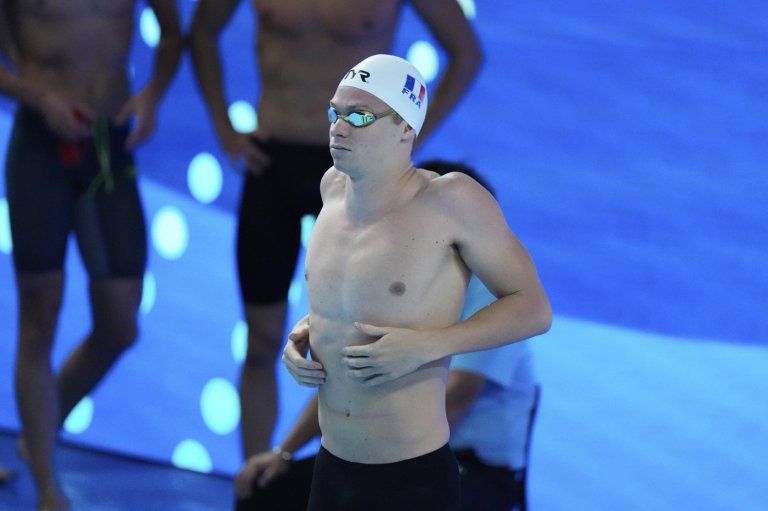Facebook faces renewed opposition over children’s privacy settlement
NEW YORK, N.Y. – A group of consumer and children’s advocates are renewing their legal battle with Facebook over teenagers’ privacy on the world’s largest online social network.
At issue is how the company uses the vast trove of information that its 1.23 billion users share on the site.
Facebook faced a class action lawsuit in 2011 over its use of people’s images in advertisements known as “sponsored stories.” This allowed companies to pay to retransmit users’ activities to their friends’ pages. If someone clicked the “like” button for a brand, the click could show up as a “sponsored story” on friends’ pages.
To settle the lawsuit, Facebook agreed to pay $20 million to users and in charitable contributions and make changes to its privacy policies. The settlement was approved by a federal court last August, though appeals are pending.
On Thursday, the non-profit Public Citizen, along with six parents of teenagers, filed a legal brief in a federal appeals court in California saying the settlement should be rejected.
Public Citizen and supporting groups, such as the Center for Digital Democracy, argue that the settlement should have not been approved because using minors’ images in ads without parental consent violates the law in seven states.
“Class-action settlements are supposed to compensate people for wrongdoing and deter the defendant from engaging in the bad behaviour in future. This settlement does neither,” said Scott Michelman, the Public Citizen attorney handling the case, in a statement.
Jodi Seth, a spokeswoman for Facebook, said that the settlement “goes beyond what any other company has done to provide consumers visibility into and control over their information in advertising.”
Margaret Becker, one of the parents involved in the lawsuit, said she didn’t know about Facebook’s practice of using users’ images in ads until a friend mentioned it to her. Her daughter said she saw her image pop up in a sponsored link on a friend’s Facebook page. It was for a band she liked.
“Her liking a band, that’s fine, I don’t have any problem mentioning to her friends that she likes a band,” Becker said. “(But) that’s really different from her being an advertisement for that band.”
Join the Conversation!
Want to share your thoughts, add context, or connect with others in your community? Create a free account to comment on stories, ask questions, and join meaningful discussions on our new site.



















Leave a Reply
You must be logged in to post a comment.